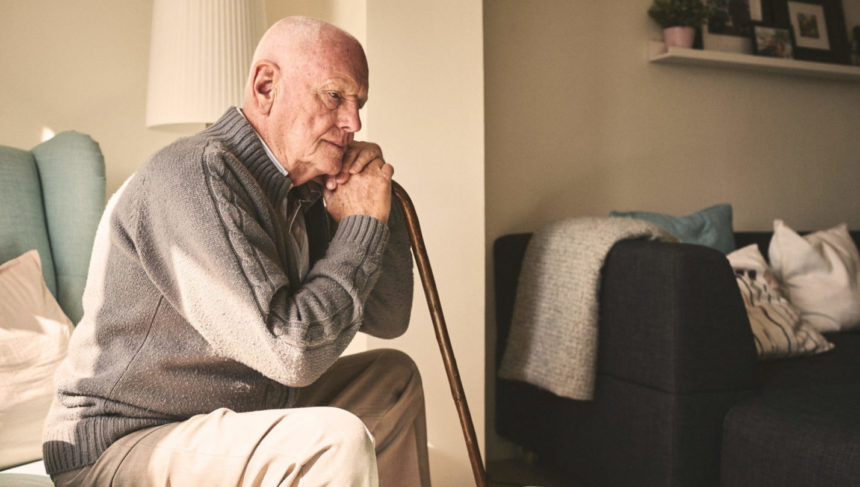
The actual rate of antipsychotic prescriptions in nursing homes is likely buried under “questionable” diagnoses of schizophrenia, according to a new report by The New York Times.
At least one-fifth of nursing home residents are taking the drugs, many for schizophrenia, a diagnosis that has skyrocketed in these settings since 2012, the investigators have found.
There are strict regulations in place to curtail the use of the drugs in nursing homes. Yet ever since federal health agencies began publicly disclosing data on antipsychotic prescribing in nursing homes in 2012, schizophrenia diagnoses have risen 70% in these settings, the news outlet wrote. In fact, one in nine nursing home residents now has a diagnosis of schizophrenia, compared to one in 150 in the general population, investigators reported.
Some of the increase may be attributable to the admission of more people with mental health disorders to long-term care facilities following the closure of large mental health facilities. But 2018 data from one federal oversight agency has revealed that there was no record of treatment for schizophrenia in about one-third of residents who were diagnosed with the disorder, the Times found.
The findings suggest that these mental health diagnoses are being used to skirt rules against antipsychotics overuse, one former nursing home geriatrician told the news outlet.
The Centers for Medicare & Medicaid Services also is “concerned about this practice as a way to circumvent the protections these regulations afford,” an agency spokeswoman told the Times.
“It is unacceptable for a facility to inappropriately classify a resident’s diagnosis to improve their performance measures,” she said. “We will continue to identify facilities which do so and hold them accountable.”
Accuracy of federal data questioned
But the findings also raise questions about the accuracy of data reported by CMS, the Times found.
The agency’s National Partnership to Improve Dementia Care in Nursing Homes’ quarterly report from April 2021 showed less than 15% of nursing home residents are prescribed antipsychotics. Yet the government does not disclose when antipsychotics are given to residents diagnosed with schizophrenia (along with two other conditions).
Using what they termed “unfiltered” Medicare data, including facility-by-facility reports gathered by a patient advocacy group, Times investigators were able to conclude that the actual number of nursing home residents prescribed antipsychotics is at least 21%, or approximately 225,000 U.S. nursing home residents.
The full story can be found here.




